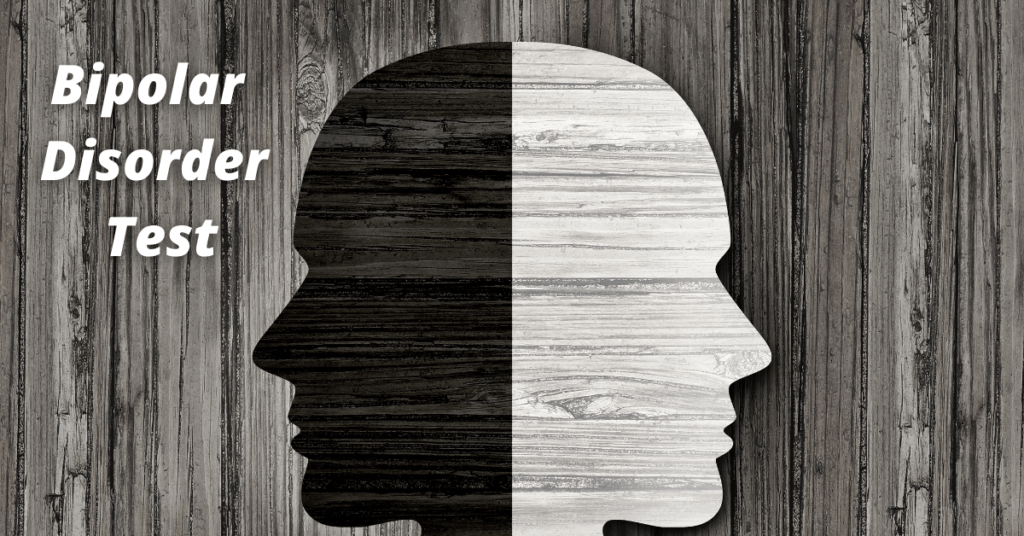Contents
What Is Bipolar Disorder?
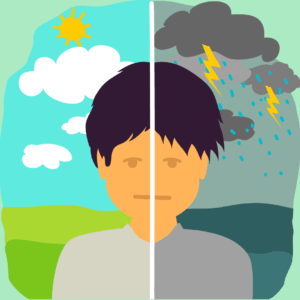
A person with bipolar disorder has fluctuations in their mood (either up or down). They have rapid changes in energy levels (either tiredness or limitless energy). There are significant shifts in their thinking. The other name of variations is ‘mood episodes’. There are some bipolar disorder test to diagnose this disorder.
Mood episodes can range from a few hours to weeks in duration. People with bipolar disorder may go through great swings in behavior or activities. These may appear dangerous during these mood episodes. These are overspending, engaging in unsafe sexual practices, taking drugs or alcohol excessively. It’s important for family and friends of those who have this condition to be aware of this. The foregoing symptoms are not limited to feelings. One’s thoughts may also shift during an episode, for example, from being terrible to being incredibly wonderful.
Diagnosis of Bipolar Disorder
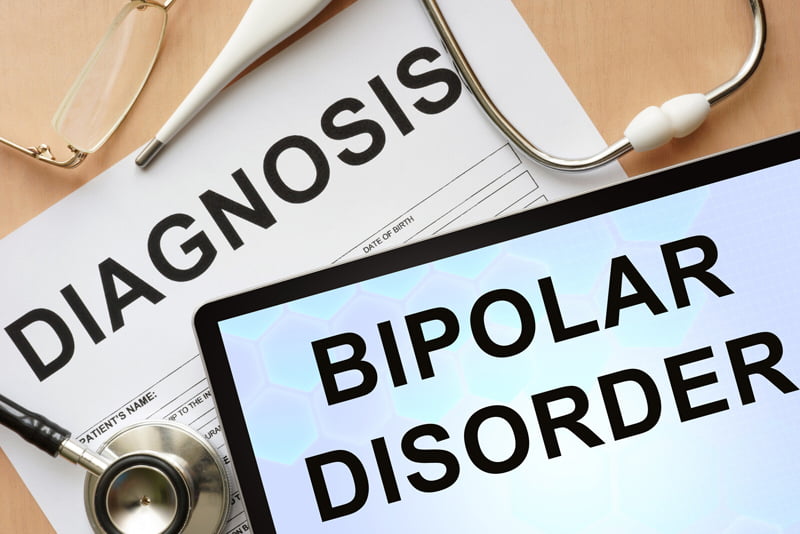
In the United States, doctors do not diagnose bipolar disorder formally. You can define this disorder by distinctive symptoms. These are may be difficult to identify in certain situations. After the following conditions, psychologist-or-psychiatrist generally make a diagnosis of bipolar disorder:
- You must have previously had a manic episode.
- A history of depressive symptoms appears in a person’s medical records.
- Individuals with bipolar disorder frequently or throughout most of their life experience manic symptoms, according to current or past evidence.
Because detecting bipolar disorder takes many versions, the diagnosis process may take years. This is because a manic episode is defined as a period of abnormally elevated mood or euphoria. This interferes with an individual’s functioning and social life, it is difficult to diagnose someone who has only had one. Even if a person fulfills all of the criteria for bipolar disorder, he or she must be examined by a mental health professional. This is to receive an accurate diagnosis.
What Is Bipolar Disorder Test?
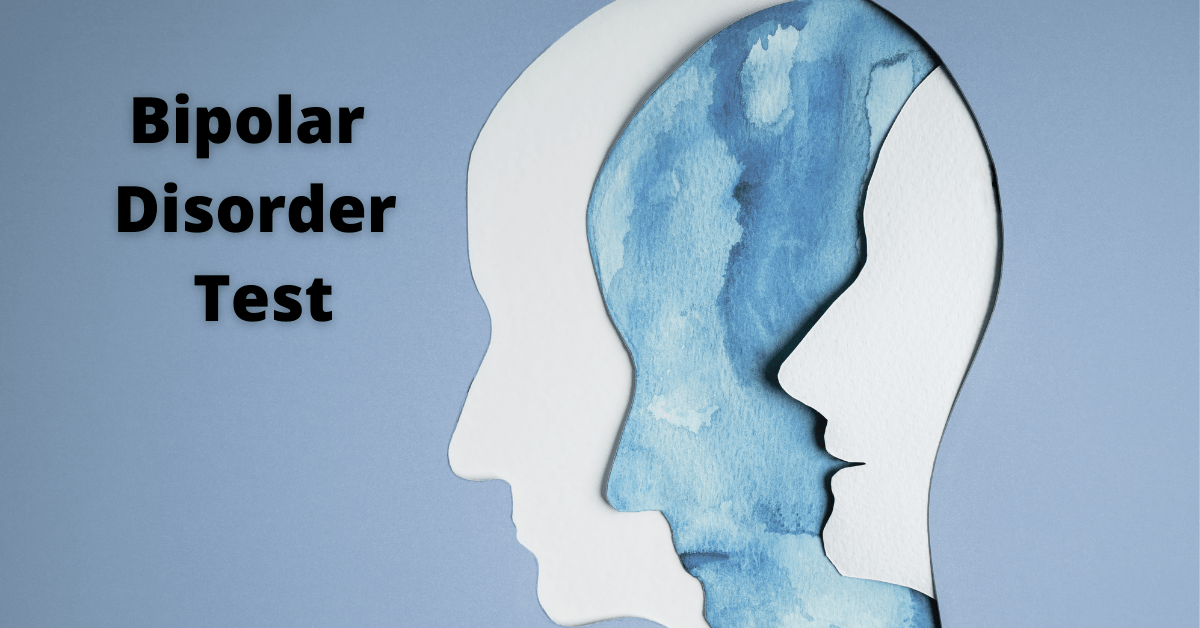
To diagnose bipolar disorder, the first step is for a doctor to conduct an examination. Before making this diagnosis, doctors get more accurate information. This is on what’s causing your symptoms and indications by eliminating other diseases with similar indicators before doing so.
The patient’s health status may be critical in diagnosing Bipolar Disorder, as stated in this passage. Because those illnesses affect many regions at the same time. One condition such as diabetes or high blood pressure might only appear in some parts of our bodies. The other will continue to suffer without appropriate therapy. This is due to the fact that these problems affect numerous areas simultaneously.
Types of Bipolar Test
These are some that a Doctor can perform to examine if you have Bipolar Disorder:
Blood Test
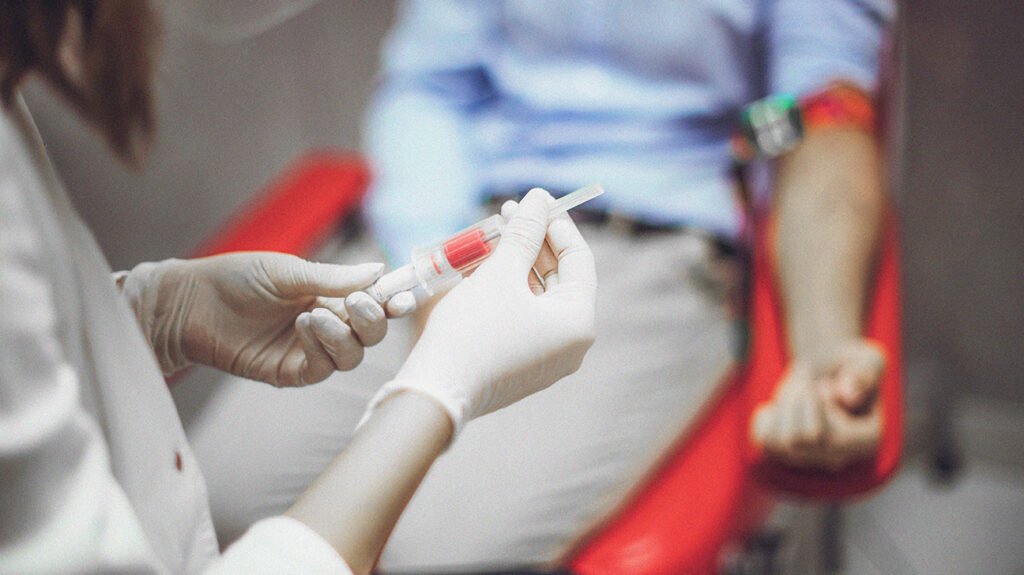
This is one of the bipolar disorder test. This blood test is used to rule out other illnesses that can trigger bipolar disorder. It’s also used to determine if the patient has any thyroid issues. . It may screen for anemia as well as various illnesses. You can also test vitamins and calcium using these tests.
Tests for a variety of diseases and disorders are also done, including MRA to look for organ abnormalities. Blood tests, thyroid function tests, hormone levels.
Screening Test
The doctor will now inquire about your symptoms, treatments used. He or she can also ask about other medications you’re taking. He or she will enquire any other relevant information to diagnose Bipolar Disorder. These are some of the screening exams that can help:
- The Patient Health Questionnaire- 9 (PHQ9) The Patient Health Questionnaire 9 (PHQ9) can assist you if your symptoms suggest bipolar disorder. This short survey should take around 15 minutes to finish, not including the time needed before beginning.
- The Hamilton Rating Scale for Depression (HAM-D): This is one of the bipolar disorder tests. The Hamilton Rating Scale for Depression (HAM-D) was created to help psychiatrists identify bipolar disorder. It has 17 questions that assess the severity and frequency of depressive symptoms. These are including mood swings, sleeplessness, agitation lethargy feelings of guilt worthlessness. Another severe thought is about suicide.
- VRD: The VRD is frequently used to determine whether individuals who have symptoms of major depressive disorder not otherwise specified, posttraumatic stress disorder, or other severe conditions are experiencing anhedonia.
- Zung Self-Rating Depression Scale William W.K. Zung, MD created the Zung Self-Rating Depression Scale in 1965. It is for the assessment of depressive disorders in adults and teenagers over the age of 12. The Zung Self-rating Depression Scale is a commonly used test to assess Bipolar Disorder severity.
- The Beck Depression Inventory (BDI): This is one of the bipolar disorder test. This is a self-assessment questionnaire used to measure your mood on a number of topics, including how you feel during the day, sleep patterns, and appetite? The test also assesses other factors such as apathy for work or hobbies. The BDI provides more than a sound output; they provide certain modifications that one can make to treat it.
Some Other Tests
- The Patient Health Questionnaire-15 (PHQ-15): Do you need help? Take this quick test to put the issue to rest with 15 questions covering a range of depressive symptoms. These include thoughts about suicide prevention planning and death wishes for oneself. These thoughts as well as concerns regarding poor appetite or overeating changes in sleep habits difficulty focusing, and other indicators including slurred speech when sitting still for lengthy periods of time.
- Geriatric Depression Scale (GDS): This is one of the bipolar disorder test. The seven topics on this exam are as follows: sadness, pessimism, and low self-worth sentiments such as thoughts about suicide prevention planning or death wish for yourself; a poor appetite and overconsumption, when combined with changes in sleep habits, can cause difficulty concentrating. Some children may become restless during their school work. This can be due to worry that they will not be able to complete it on time or that they will forget it later. This comparison is with other students.
- Center for Epidemiologic Studies-Depression Scale (CES-D): The CES-D is a self-report scale for detecting depressive symptoms in the general population. It has twenty items that are on a 4 point scale. These are ranging from 0 “Rarely or never” to 3 “nearly all of the time.” The goal of this test was to examine the accuracy of the end result. Doctors may also use this as a screening tool for looking at bipolar disorders.
Coping With Bipolar Disorder
It might be tough to cope with bipolar disorder since you can’t always anticipate when your moods will shift, which may make life rather unpleasant.
Have a Good Rapport with Everyone
If someone is suffering from bipolar disorder, you should urge them to get expert assistance immediately since this will be the most effective method of treating it from a medical standpoint. Furthermore, not all mental health professionals are equal. So experiment by trial and error until you find the right one for you.
Try Patience
Patience is important. When the proper therapy begins, one of the most crucial things for the family and friends of someone dealing with bipolar disorder is to understand that it won’t go away overnight. There are several factors to keep in mind while going through the process. You should try to be patient. This will be very beneficial for your day-to-day life as well. Your family will not ignore you due to your illness. This is because you have such a positive attitude.
Be Positive
The best way to overcome bipolar disorder is to remain optimistic. You can also be tolerant of yourself and others around you. If you require special accommodations for school or work, make sure you inform them properly so as not to create future problems. Most importantly, if you are living with bipolar disorder, don’t ignore any urges or thoughts.
Treatment of Bipolar Disorder
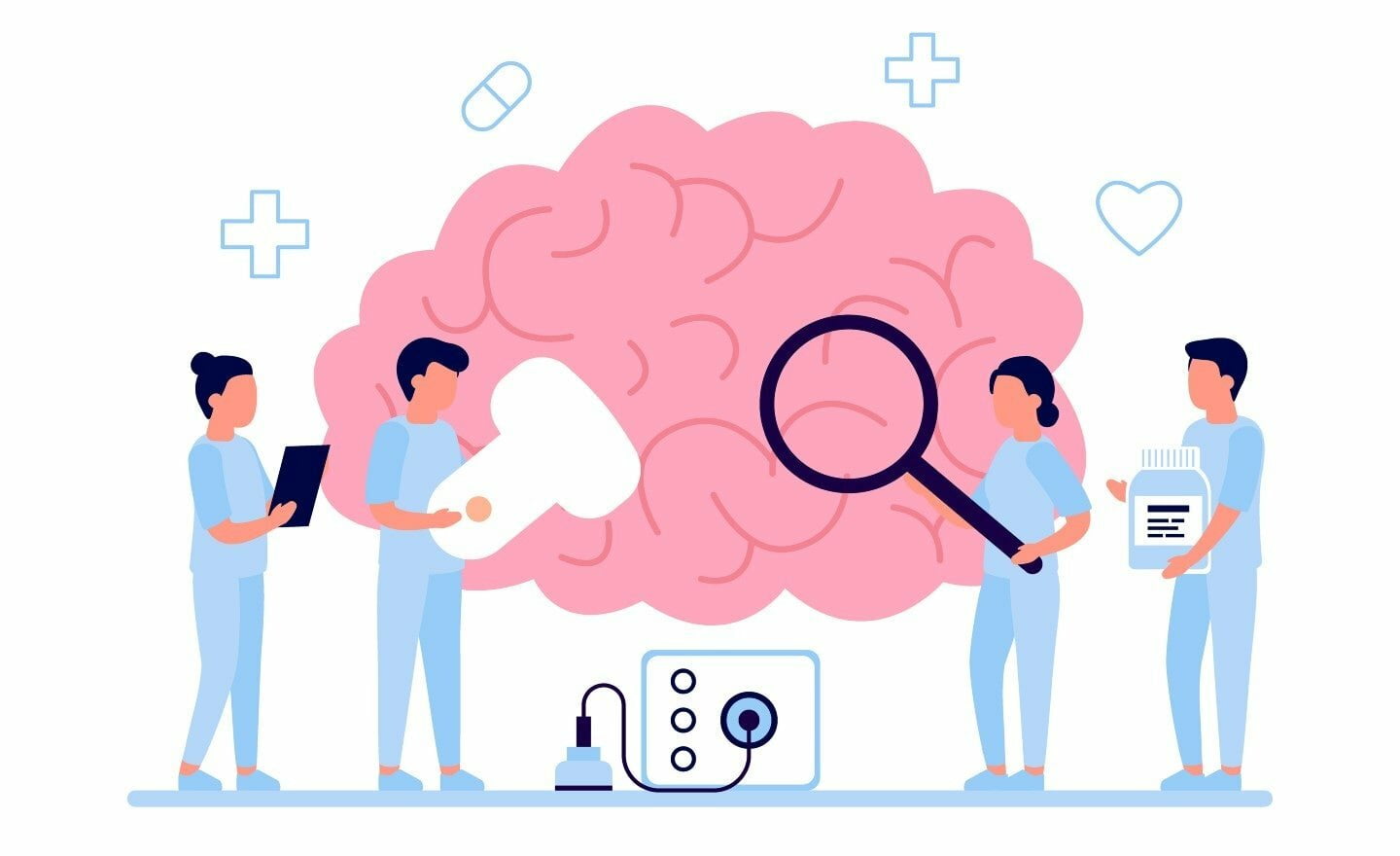
Bipolar disorder is a chronic illness. You cannot cure it but manage it with different methods. A person with bipolar disorder can lead a fulfilling, healthy, and productive life. There are several treatments for controlling the bipolar disorder. Medication, psychotherapy, lifestyle modifications, or a combination of the two are some of the ways to treat bipolar disorder.
Medications
The most frequent therapy for bipolar disorder is medication. Medications that were originally developed to treat other disorders, such as sadness or anxiety, are occasionally prescribed by physicians. It’s critical to work closely with your doctor and follow the directions for optimum results with any medication.
Therapy
Therapy, like hypnosis, is another option that many individuals use to manage their symptoms. This will also help you how to better manage your time and make better decisions.
Lifestyle Changes
A healthy lifestyle may help with both physical and mental health. This will help you in reducing stress levels or other factors linked with bipolar disorders. You might want to consider joining a group or doing things. These are like art therapy to cope with any stressors you encounter throughout the day.
Conclusion
It is important to take this test in order to understand how it can help you with your mental health. If you are suffering from this, make sure that you get treatment for the disorder. You should also seek out resources on coping mechanisms. Remember that there is no shame in having bipolar disorder; instead, use what happens as a way of learning more about yourself and who you want to become in life.
For more information, please contact MantraCare. Bipolar disorder is a mental illness characterized by extreme shifts in mood, energy, and activity levels. If you have any queries regarding Online Bipolar Disorder Counseling experienced therapists at MantraCare can help: Book a trial Bipolar Disorder therapy session
